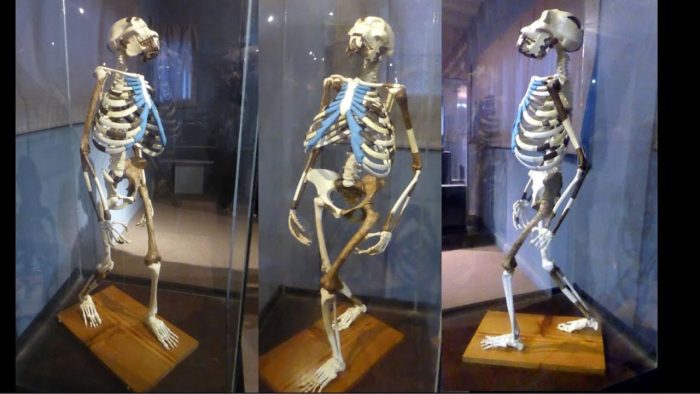The capital is a vibrant multicultural city and a great place to start any trip to Ethiopia. The Addis Ababa Museum is the current home of Lucy, our earliest ancestor...
Scroll for more
Addis Ababa is a perfectly pleasant city to start your Ethiopia tour or holiday. If you have a night here, this allows you to acclimatize to the high altitude (at 2,3550m) of northern Ethiopia. (And this is not to be under-estimated!)
Addis Ababa (meaning New Flower) became the permanent capital in the 1880s. It is also considered to be the diplomatic capital of Africa, as it is the headquarters for the UN Economic Commission for Africa. And the African Union. So there’s no shortage of decent hotels and restaurants. You can even visit an Ethiopian jazz club.
Certainly, there is plenty to see for a day or two. We recommend a guided tour to see some of the museums and churches. This will get your acquisition of Ethiopia's fascinating history off to a good start. Plus - as the museums have few signs - a guide is very useful to explain the cultural background of some exhibits. The National Museum of Ethiopia is home to 'Lucy' (also known as Dinknesh), the fossilised bones of the most complete skeleton of an early human and, at the time of her discovery, the oldest ever found.

Here in Addis Ababa, daytime temperatures remain a pleasant 23-27C throughout the year.
Ethiopia does not disappoint. It's the mysterious, exotic destination of my imagination and really does feel as though you are stepping back to the 12th century at times
